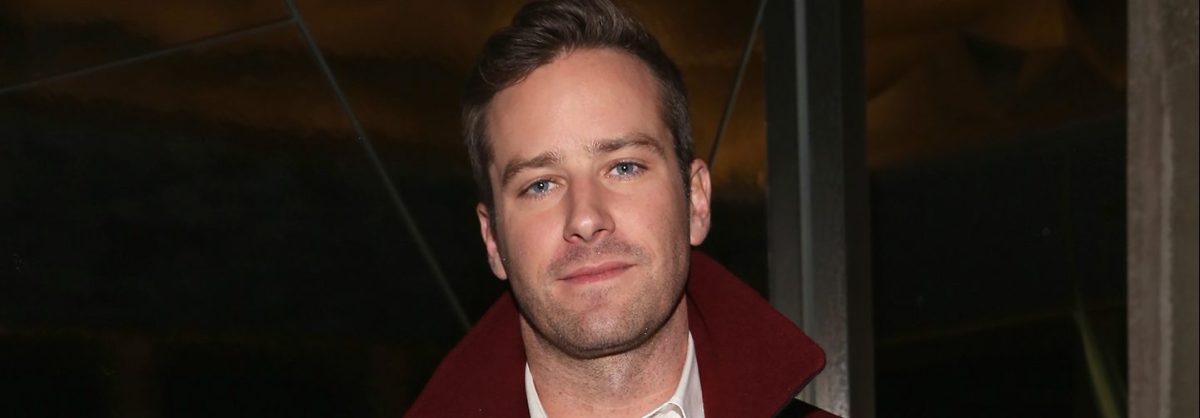Armie Hammer has lived a charmed life. He’s the great-grandson of Russian-Jewish oil tycoon Armand Hammer, and he spent a good chunk of his childhood on the Cayman Islands, reports The Hollywood Reporter. But that doesn’t mean he didn’t work hard to become the star that he is today.
Hammer has struggled to emerge as a leading man. His breakthrough role was playing the Winklevoss twins in The Social Network, but then he was in The Lone Ranger, which lost Disney $200 million. Two years later he co-starred with Henry Cavill in The Man From U.N.C.L.E. and his performance in The Birth Of a Nation was overshadowed by a rape scandal involving Nate Parker, the movie’s director and star, according to The Hollywood Reporter.
But this might be his year. He currently stars in Call Me by Your Name. In it, he plays an American academic who embarks upon a “sexually charged affair with the 17-year-old son of a professor,” writes The Hollywood Reporter. His role is generating early awards buzz. However, he said that, “given my history, I’m waiting for the other shoe to drop.”
Hammer recently tore his pectoral muscle while lifting weights, five days before his wife, Elizabeth Chambers, was due to give birth. He had surgery and was confined to a sling for five months, during which, he tells The Hollywood Reporter, he went to a dark place. He thought to himself, “You’re done. You’ve peaked.”
Hammer knows he had a special upbringing, but he said he learned a lot living in the Caribbean. “You can’t hide behind anonymity. You have to be nice to everybody, or else you get a reputation.” He also told The Hollywood Reporter that it was where he became acutely aware of his whiteness: “Everybody was multiracial. There was a lot of mixing. So I was always ‘the white boy.’”
He said he has no regrets for the movies that didn’t work out. The way he looks at everything is that he is building a collage of his work. He tells The Hollywood Reporter, “And then the only thing I really care about is: Can I get more work afterward?”
This article appeared in an InsideHook newsletter. Sign up for free to get more on travel, wellness, style, drinking, and culture.
























